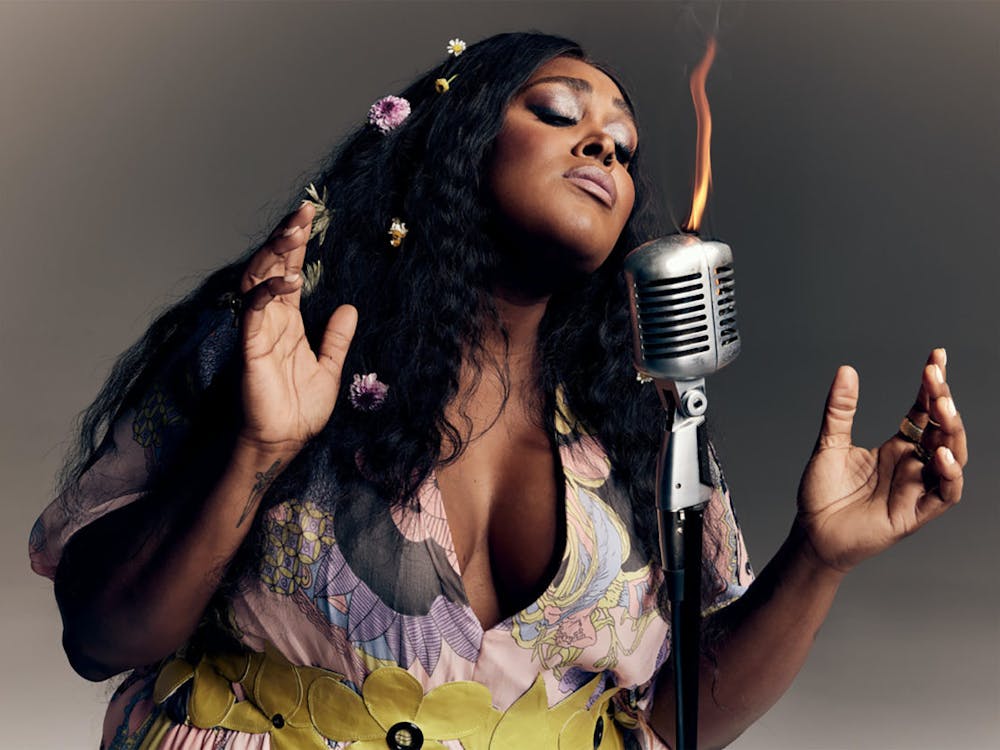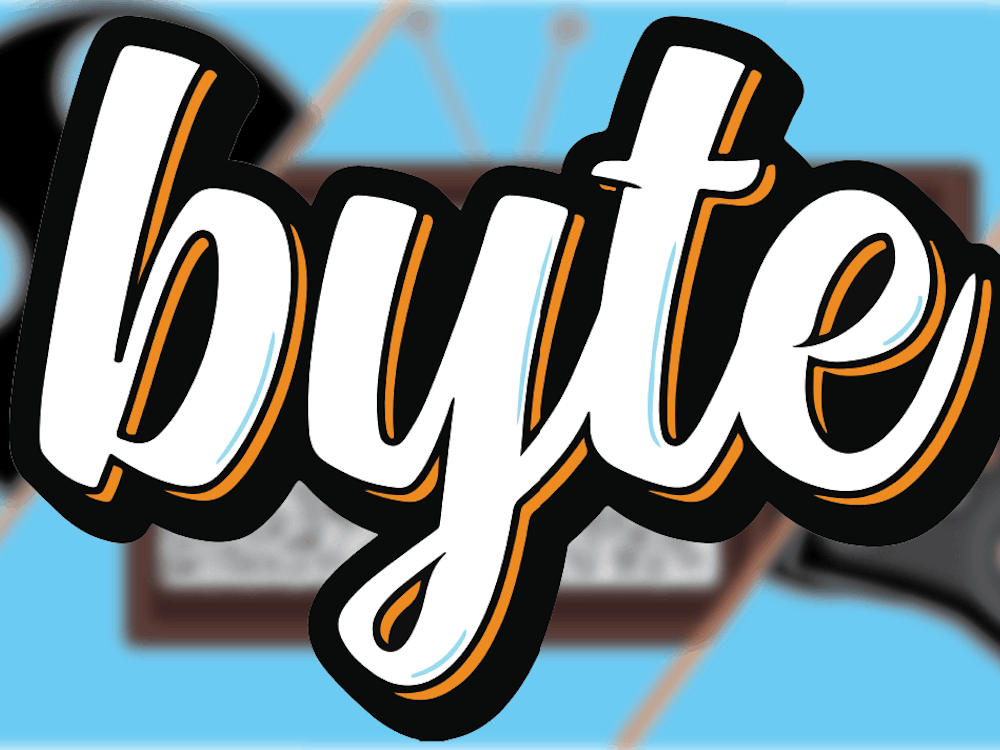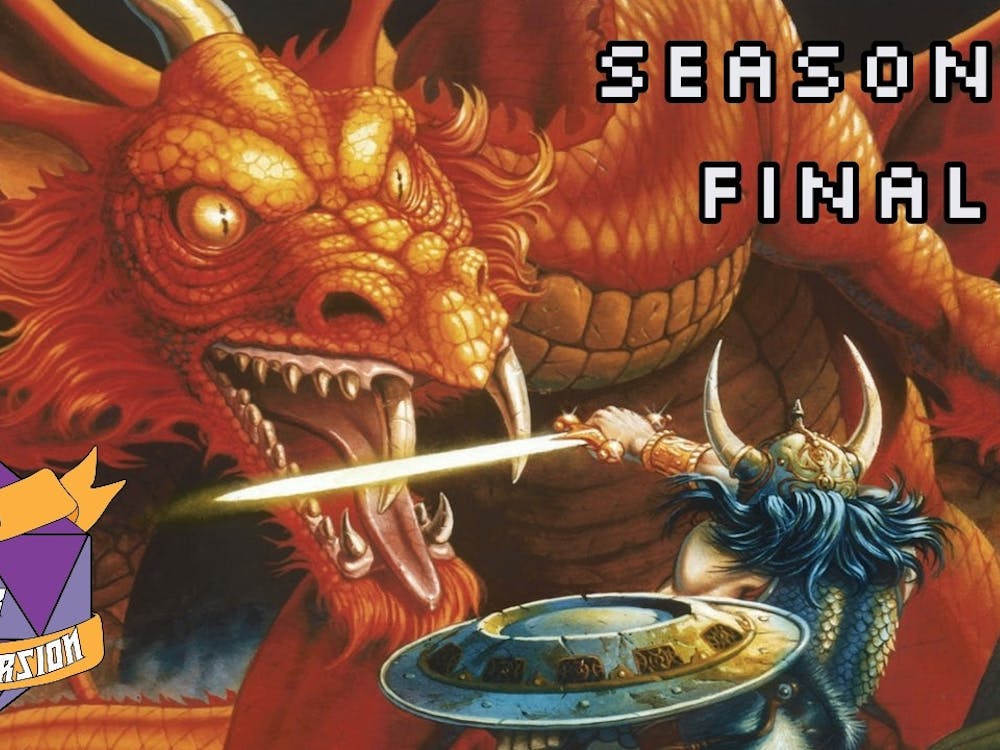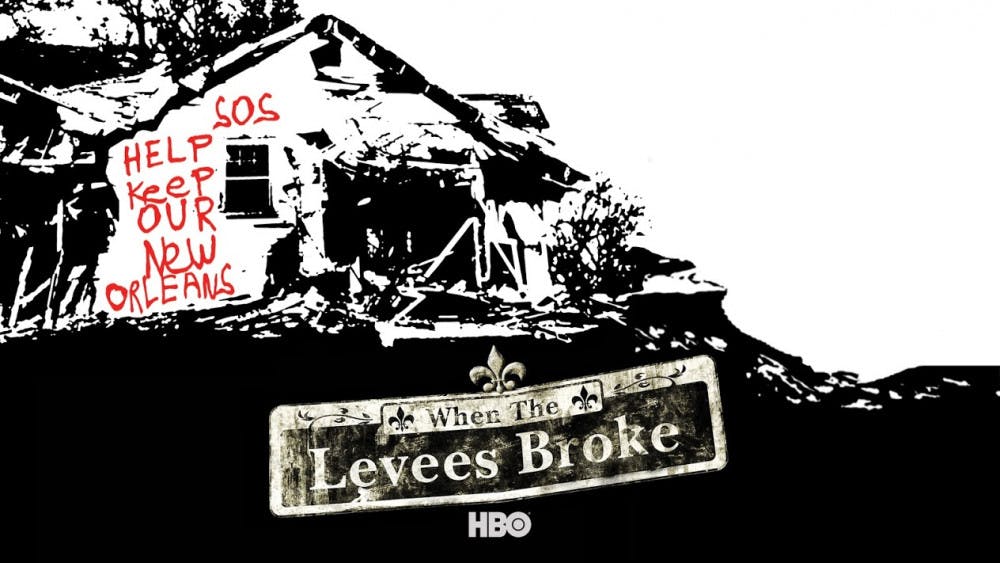by Emily Reuben The opinions and views expressed in Documenting Docs are those of the author and do not reflect the opinion of Byte or Byte’s editorial board. In August of 2005, Hurricane Katrina ravaged the Gulf of Mexico. Thousands of homes were destroyed, cities were left underwater, and numerous people were stranded. By all accounts, Hurricane Katrina is one of the most deadly natural disasters in United States history. However, even more tragic than the storm was the government’s treatment of those affected and its disregard for human life. When the Levees Broke: A Requiem in Four Acts first aired in two parts on HBO in August 21 and 22, 2006 to shed light on the tragedy that was Hurricane Katrina. Director Spike Lee is no stranger when it comes to highlighting government inaction and the treatment of the lower class and minorities. Many of Lee’s films, even his non-documentary films like Do The Right Thing and Chi-Raq, address similar themes. Lee is one of my favorite directors not only because of his great storytelling but also because of his bluntness; he never shies away from making pointed statements about the treatment of African-Americans. While this has caused some controversy, most of it seems to stem from non-black audiences that feel uncomfortable with the statements being made. To give you a better idea of just how ridiculous many of the criticisms directed towards Lee are, I would like to highlight a comment made by Lee in Rolling Stone’s article, Fight the Power: “Spike Lee on ‘Do The Right Thing’”. When asked by the interviewer what Lee’s favorite reaction to the film was, Lee responded with this:
“I’ll tell you my least favorite: the reviews of David Denby and Joe Klein saying that black people were going to riot after seeing this film. That they [black people] weren’t intelligent enough to make the distinction between what's happening on screen and what happens in real life — so they would come out of theaters and riot all across America.”
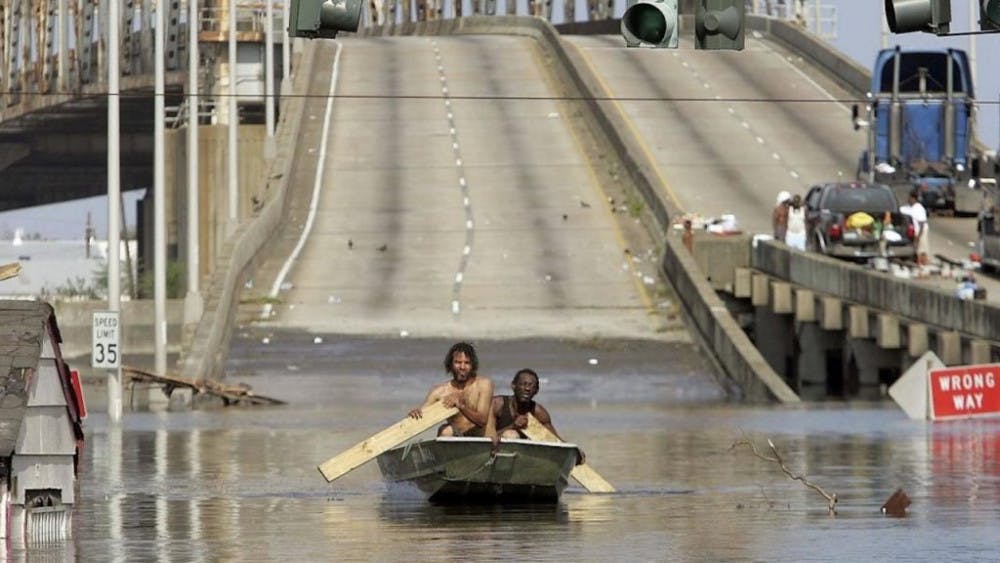
The Atlantic Rolling Stone IndieWire Mubi



